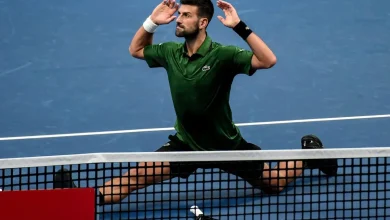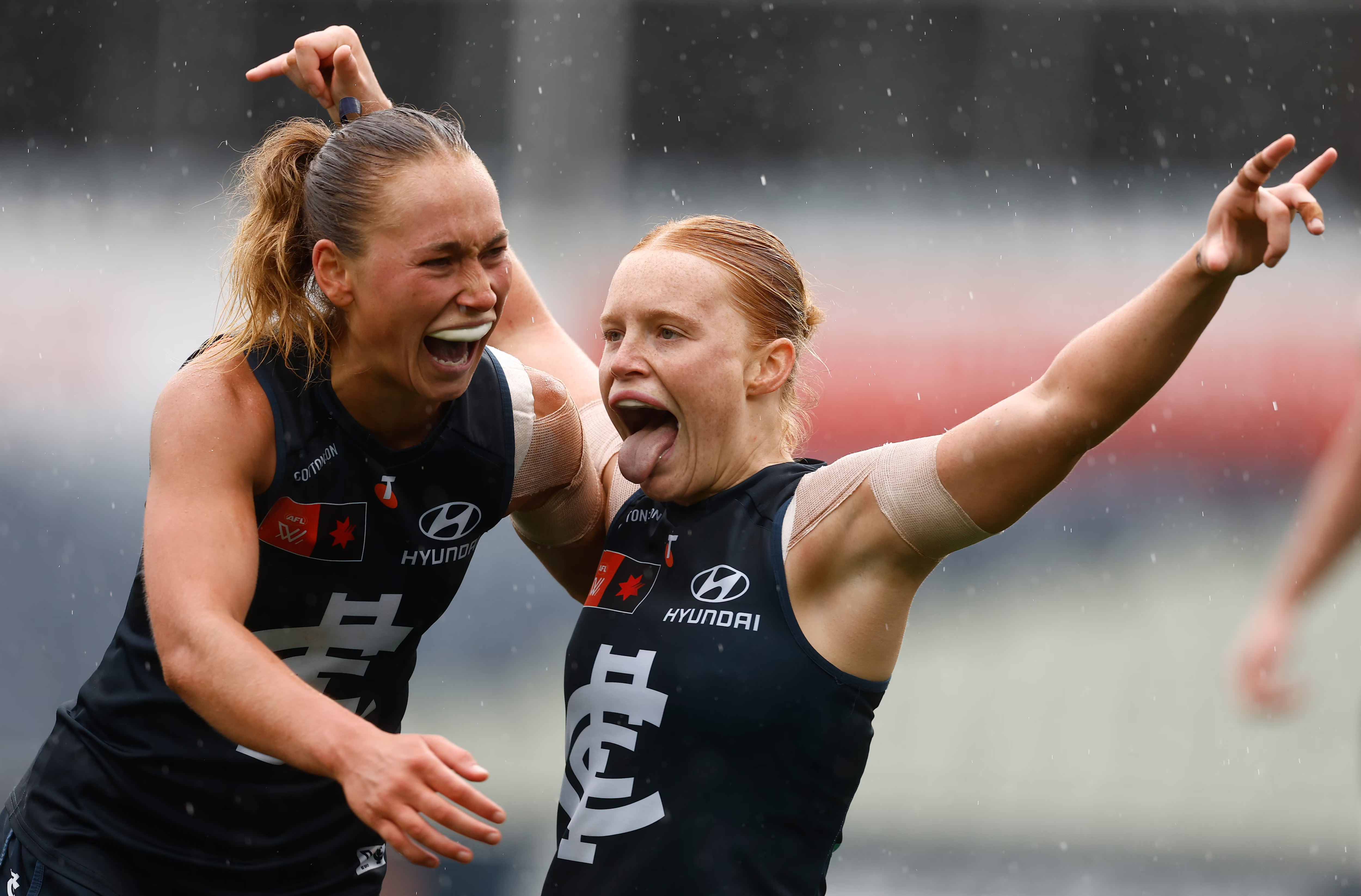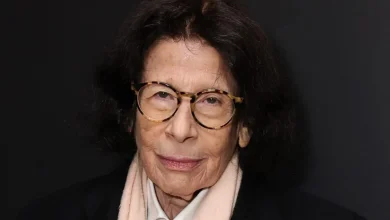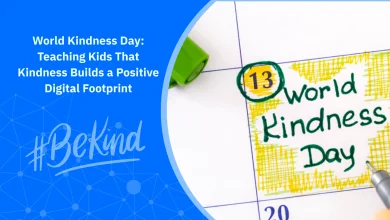Trends-AU
Cavs at Heat game preview, odds, and injury report

Who: Cleveland Cavaliers (7-3) at Miami Heat (6-4)
Where: Kaseya Center — Miami, FL
When: Monday, Nov. 10 at 7:30pm EST
TV: FanDuel Sports Network Ohio, FanDuel Sports Network App, NBA League Pass
Point spread: Cavs -7.5
Cavs Injury Report: Max Strus – OUT (foot), Larry Nance Jr. – OUT (knee), Chris Livingston – OUT (G-League)
Heat Injury Report: Bam Adebayo – OUT (toe), Myron Gardner – OUT (G-League), Tyler Herro – OUT (ankle), Terry Rozier – OUT (not with team), Dru Smith – PROBABLE (knee), Jahmir Young – OUT (G-League)





